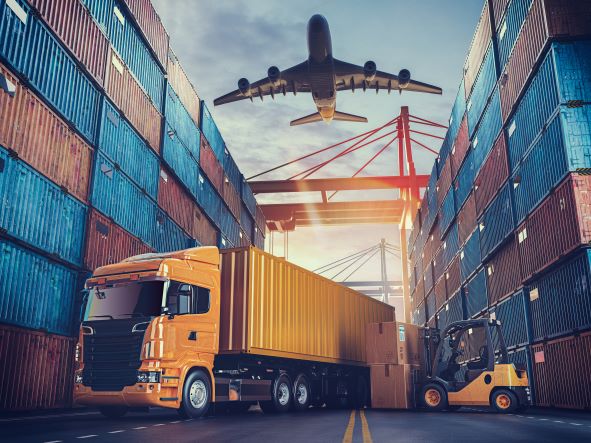The logistics industry is a critical part of the global economy, responsible for the transport of goods and materials around the world. In recent year
The logistics industry is a critical part of the global economy, responsible for the transport of goods and materials around the world. In recent years, the industry has come under increasing pressure to reduce its environmental impact, as concerns about climate change have grown.
As a result, achieving net-zero emissions has become a key goal for many logistics companies. This has led to a review of operations, with a focus on reducing fuel consumption and greenhouse gas emissions. In some cases, this has meant investing in new technologies, such as electric vehicles for same day couriers and delivery drivers, or reviewing warehouse operations to reduce waste. Whatever the approach, it is clear that the logistics industry will need to make significant changes in order to meet the challenge of climate change.
What does Net Zero mean?
Firstly, with such a big goal in place, it is important to understand what this means. Since there is so much discussion around climate change and emissions, amongst all the noise you may still be unsure what net-zero emissions actually mean.
The definition of net zero emissions according to the United Nations is to cut greenhouse gas emissions to as close to zero as possible. This is going to require a lot of change and an immense amount of commitment from many industries, particularly those who are directly responsible for a large percentage of the current emissions this country produces.
A Net Zero Future for Logistics
For the logistics industry, this means taking big steps to reduce carbon emissions. There is a number of ways in which companies within the industry can work collaboratively to achieve these goals. Despite the huge scale on which these companies will need to make changes, it is possible.
With the right technology, funding, and support, net zero can be achieved by the logistics industry.
Some of the changes that the industry can adopt include, switching to electric vehicles, and using renewable energy sources. The logistics industry can also improve its energy efficiency by using better-insulated buildings and improving its supply chain management, as well as limiting its reliance on fossil fuels.
Although achieving net zero will require significant changes to how the industry currently operates, there are plenty of opportunities for innovation and improvement.
In time, it is likely we will see huge developments within the industry, with electric vehicles taking to our roads as well as courier services optimising their routes and warehouses taking a new approach to utilise efficient energy sources.



















































































































COMMENTS